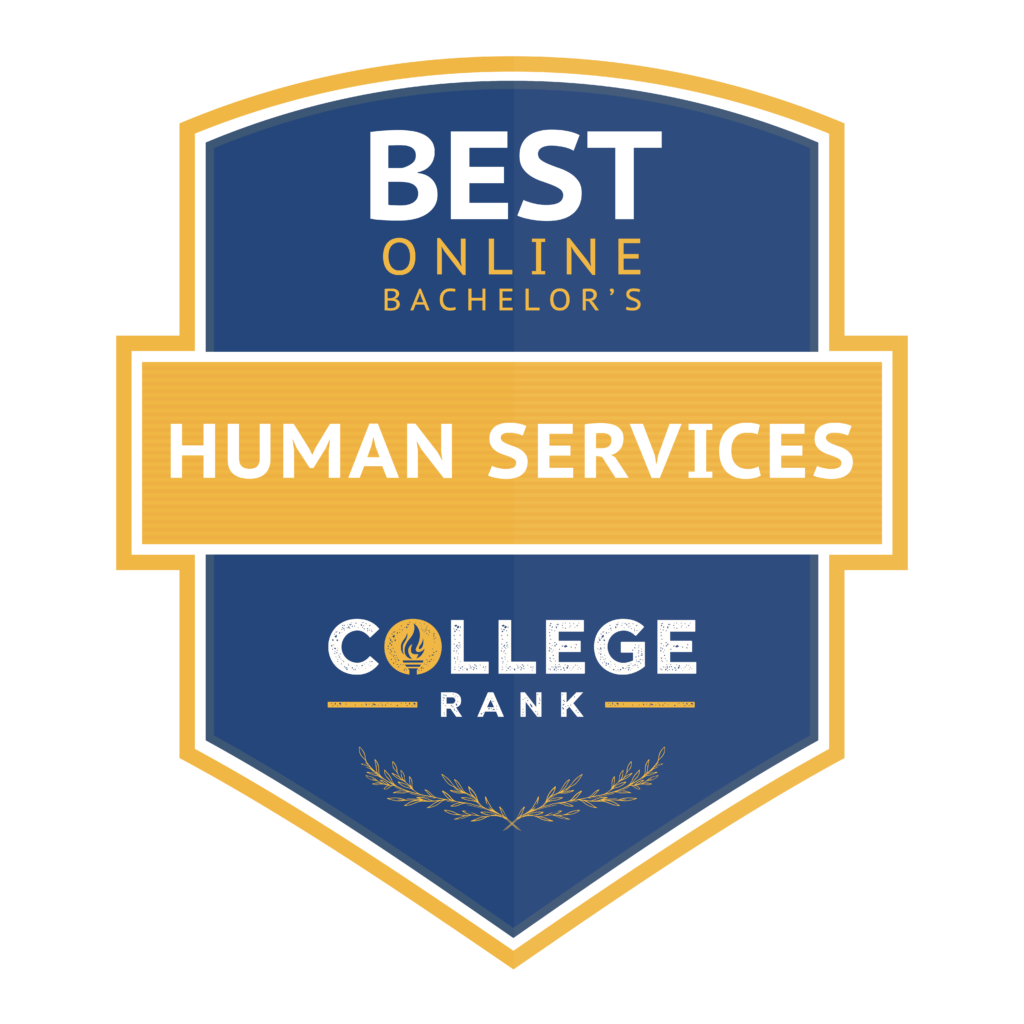Few careers have loftier ambitions than human services. Universities that offer it as a degree mention how “helping professions” improve “the human condition,” that this work directly impacts people’s lives, especially some of the neediest and most vulnerable populations. This is a job that can be described as a calling, something few careers can say.
Upper Iowa University puts it well: “The primary purpose of a human services professional is to assist individuals, families, and communities to function as effectively as possible.” That simple phrase belies the complexity, challenges—and rewards—of a career in human services.
Considering everything human services comprises—family, aging, addiction and rehabilitation, victim advocacy, child protection, and so much more—it’s a field that is only growing. There’s no shortage of work that needs to be done, or the need for people to tackle it. Get ready to join the fray with our 20 best online bachelor’s programs in human services.
What Are the Best Human Services Degrees?
At CollegeRank, we strive to do our best to guide you and your family toward a fruitful academic career. The pursuit of knowledge is a noble one, and we want to help you reach your goals. Please feel free to visit our dedicated methodology page for a step-by-step breakdown. For questions, comments, badge downloads, or data corrections, please feel free to reach out to us at editor@www.collegerank.net.
University of South Carolina-Columbia

Administered through USC–Beaufort’s Palmetto College, the school’s BS in human services draws heavily from sociology and psychology. In fact, its curriculum features five psychology and six sociology courses, along with one in statistics, among a slew of courses geared toward human services. The idea, says the university, is to give students a base in traditional social services as well as the expanding areas outside of it.
Palmetto’s study plan takes an “asset or strengths-based approach” to working with individuals and communities, which it describes as rising above traditional concepts of social services and social work. Included in the curriculum are three internship experiences, each requiring at least 120 clock hours in a supervised human services setting. Those are designed to enhance students’ chances of getting hired after graduation, as well as give them real-world experience while they learn the ropes.
The degree requires 120 hours, 64 of which come from major coursework. Students need to have completed 45-60 hours of college-level coursework to apply, and they’ll need to maintain at least a 2.0 GPA (on a 4.0 scale). Full-time students will need about two years to complete the program.
Western Washington University

Western Washington University describes human services as “the perfect career choice if your desire is to advocate for and to improve the lives of individuals, families, or entire populations.” Unsurprisingly, its curriculum has a social-justice orientation “rooted in hands-on service,” as the school notes, and an emphasis on community engagement. That has a lot to do with the 380 clock hours of field experience the degree requires, which comes in the form of internships.
Western Washington divides its curriculum into four parts:
- 20 credits of required systems courses (like Interpersonal and Small Group Systems)
- 28 credits of other required courses (general studies in research, diversity, program planning, and more)
- 16 credits of field study (internships)
- 12 credits of human services coursework (covering stuff like conflict resolution, disability, grant writing, mental health, and more)
The BA requires 76 credits to graduate.
Getting into Western Washington’s program requires completing the university’s general university requirements or some transfer coursework, all with a 2.75 GPA or better. Students will also need to write essays, complete a background check, and sign a contract explaining the program’s requirements.
Southern New Hampshire University
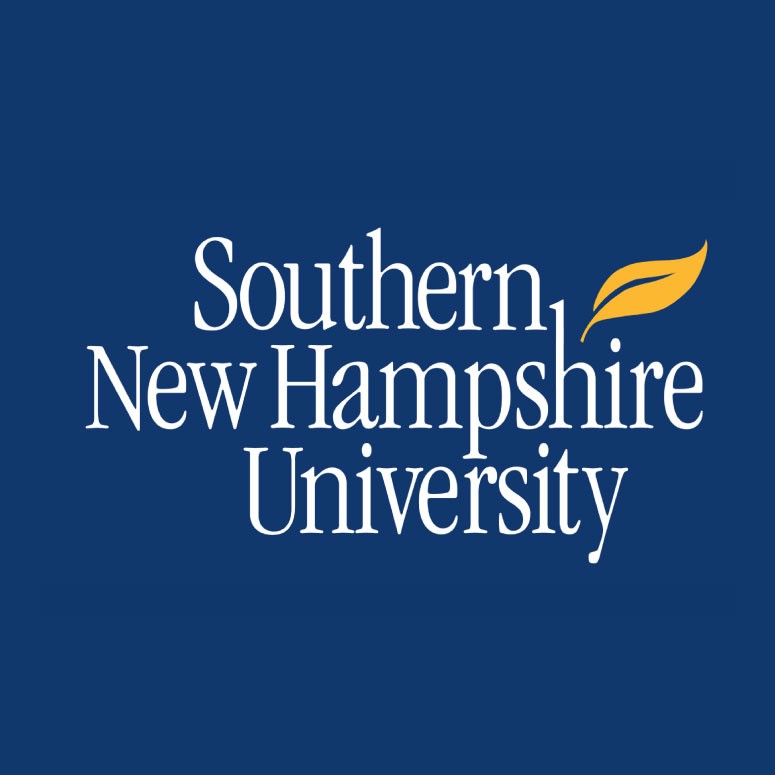
Southern New Hampshire University’s bachelor of arts in human services aims to give students “more than an understanding of how compassion meets policy and process.” The field can be tremendously rewarding because graduates are in the trenches working to improve people’s lives. To target specific ways to improve their lives, SNHU offers three concentrations within its BA:
- child and family services
- gerontology (the study of old age)
- substance abuse
The degree requires:
- 42 credits of general education courses (including classes in statistics, analysis, psychology, and sociology)
- nine credits in arts and science (Abnormal Psychology, Lifespan Development, Sociology of Social Problems)
- 24 credits of major courses (including topics like case management, law and ethics, policy, research, and others)
- 12 credits of a major elective or concentration, and 33 credits of free electives
For those keeping count, it’s 120 credits altogether.
Included in the program is a capstone course that evaluates everything students have learned in the program. The university offers six eight-week terms per year for coursework. Because SNHU aims to be affordable, flexible, and have an easy application process, getting into the university requires little more than an application and transcripts.
University of Wisconsin-Oshkosh
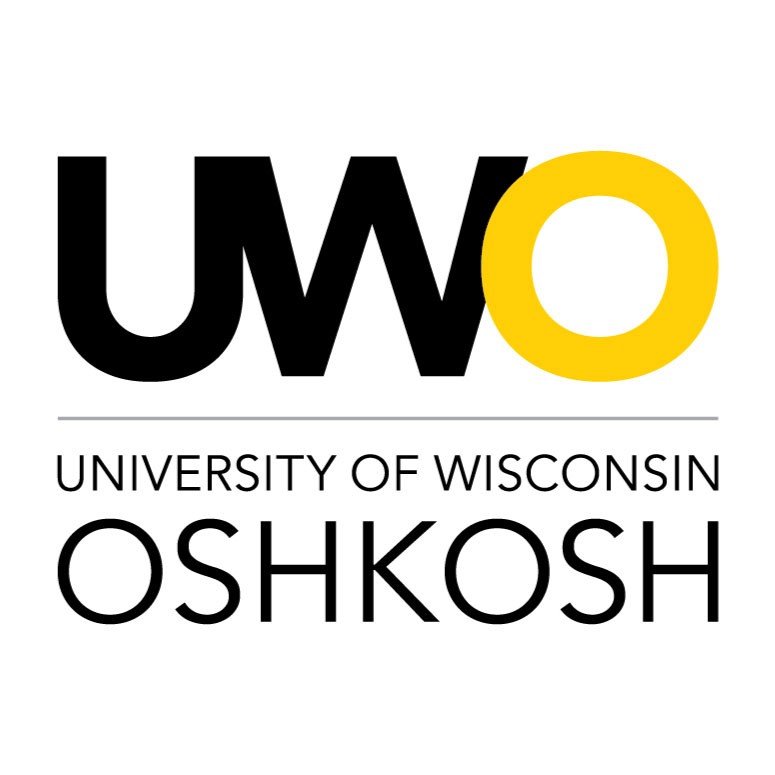
All universities aim to train their graduates to do great work, but there may be no loftier goal than UW–Oshkosh’s, which instructs it’s human services students to be “agents of social change.” There are three ways to gain an undergraduate degree:
- online
- on-campus
- collaborative pathways
As the university notes, its program emphasizes professional leadership and administration, intervention strategies, program development, implementation and evaluation, legal and ethical issues, and grant writing.
That breaks down into 38 general education credits and 40 credits of required core courses. Courses include stuff like:
- Interpersonal Relations in the Helping Professions
- Financial Sustainability in Non-Profit Organizations
- Program Evaluation & Grant Writing
There are also two internships, one for three credits and an advanced one for seven that includes 280 clock hours.
Oshkosh keeps admission standards attainable. ACT or SAT scores are not required, and students with transferring credits need only a 2.5 GPA in them. According to the university, most students transfer in between 60 and 90 credits, though they need at least 30 for admission (an associate’s degree from a Wisconsin technical college also suffices).
Old Dominion University
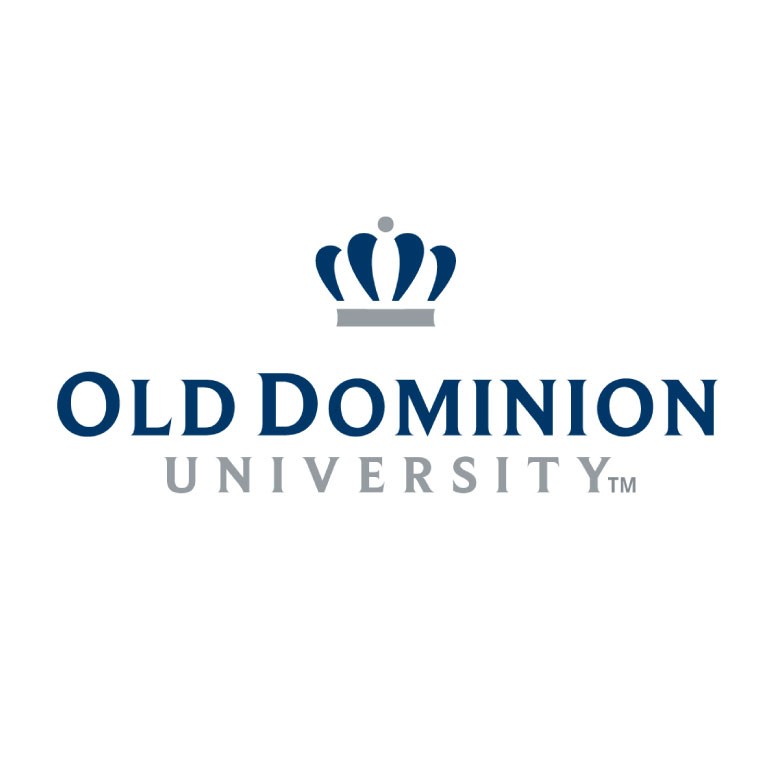
Old Dominion University sits in Norfolk, VA, right next to the largest naval base in the world. You know what that means? Traffic. So ODU Online is a nice alternative for people looking to complete their undergraduate education with a little less hassle (traffic or otherwise).
The human services online program requires a minimum of 30 major credit hours. Requirements include an internship, and a total of 120 credit hours for the bachelor of science degree. That includes up to 44 credits of lower-division general-education requirements and 48 major credits, and some upper-division general-education coursework—such as a minor, second degree, or other classes—for varying credit. Major classes cover topics like:
- interpersonal relations
- human services methods
- diversity
- field observation
- crisis intervention
- family guidance
Graduates are prepared for a variety of positions working as human service practitioners and case workers.
East Tennessee State University
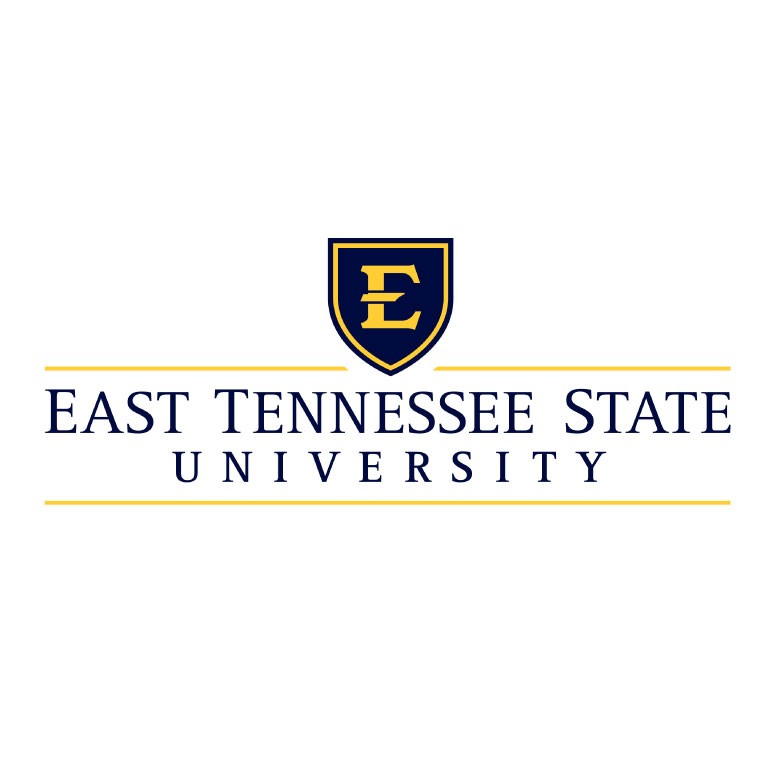
Like a lot of universities on our list, East Tennessee State has lofty ambitions for its human services graduates: “self-aware practitioners, culturally aware, competent care-providers and community leaders.” They become that through a program that provides a “human development, ecological, and behavioral science background through a multidisciplinary perspective with a focus on applied learning and practice.” Phew. Got all that?
To put it another way, ETSU’s program has these core components:
- interpersonal skills
- social and cultural foundations
- counseling theory and practice
- developmental psychology
- research in learning and development
- administration of human services organizations
- psychology and development among children, adolescents, or adults
- an introduction to human services
That breaks down into 120 credits, with 33 coming from human services core coursework, six credits of field experience (a practicum and internship for at least 350 clock hours), and 33-36 hours of cognate courses. A minor is also required, as is a 2.5 GPA to graduate.
Students aren’t formally admitted to the program until after they have completed 30 credit hours, which may be covered by transfer credits if they have completed coursework elsewhere.
Troy University
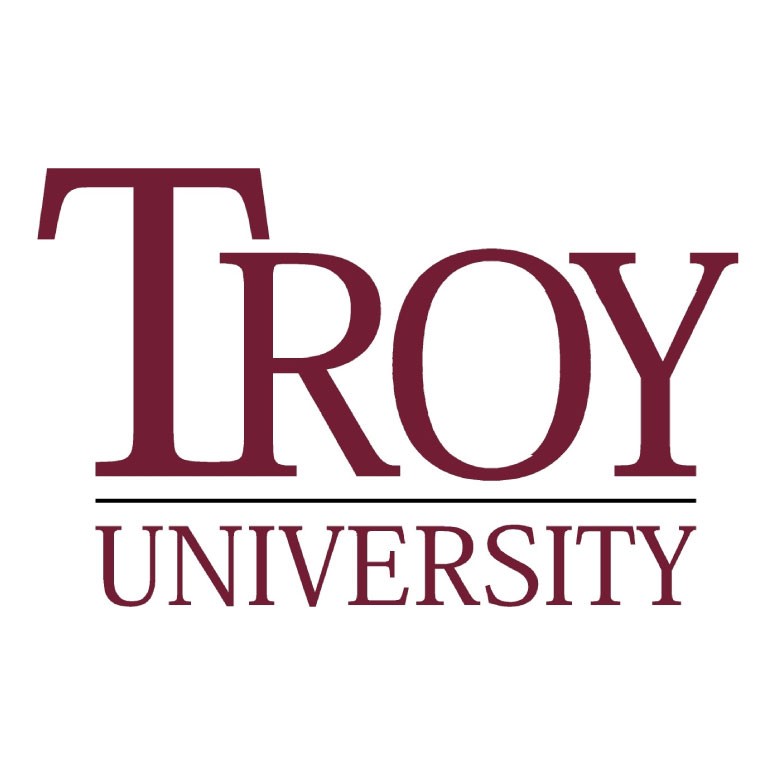
Troy University is a four-year public university located in Troy, AL. Troy serves almost 15,000 students through their on-campus and online degree programs. Its online learning program in human services is incredibly robust, which is why it made it into our ranking.
The university’s human services program resembles others in our top 25 in structure. Students need 120 overall hours to graduate, which includes 45 hours of non-major coursework and 36 hours in the major. Students also complete nine hours of major electives (from human services, social work, or rehabilitation), 21 hours of free electives, and 18 hours of minor coursework. Required major coursework covers:
- ethics
- diversity
- human behavior
- a six-hour field experience
For field work, students must complete up to 240 clock hours of work at an agency.
Undergraduate admission is pretty simple at Troy: a 2.0 GPA in high school and a 20 ACT or 1030 SAT for unconditional admission. (Lower scores may earn conditional admission.) Prospective students 25 and over can skip the ACT/SAT requirements. Living life was your test, man!
Colorado State University-Global Campus
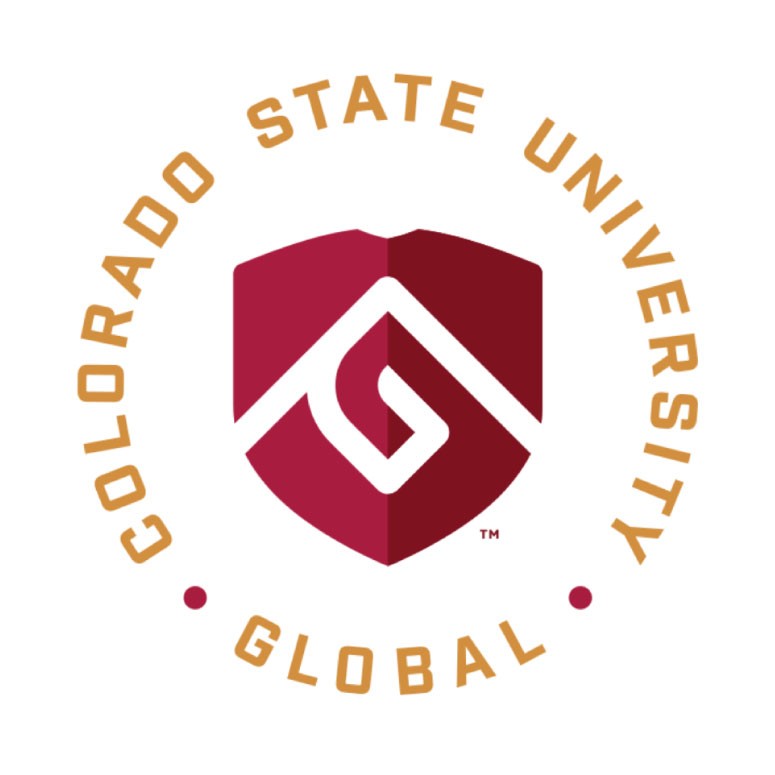
Colorado State puts it simply: “Human services professionals are crucial to a thriving society.” That makes for some mic-drop dinner-party conversation. When someone asks, “What’s your job like?” You can say, “Oh, it’s crucial to a thriving society. And yours?”
CSU’s human services bachelor’s degree program allows students to choose from over 20 specializations including:
- criminal justice management
- criminology
- digital marketing
People opting for a specialization use 15 of their available 44 elective credits. The 120-credit degree requires 31 credits of general education, then 45 of core degree coursework. Included in the core classes is a practicum or seminar ahead of a capstone project where students perform a “concentrated study” of a service organization. (The practicum requires field work and a background check.)
Admission to CSU requires some amount of real-world experience in addition to the usual high school degree. On the bottom end, prospective students need two years of experience, though people who don’t may earn provisional admission. The good news? CSU doesn’t discriminate between in-state and out-of-state students, both of whom pay the same tuition rates!
Purdue University Global
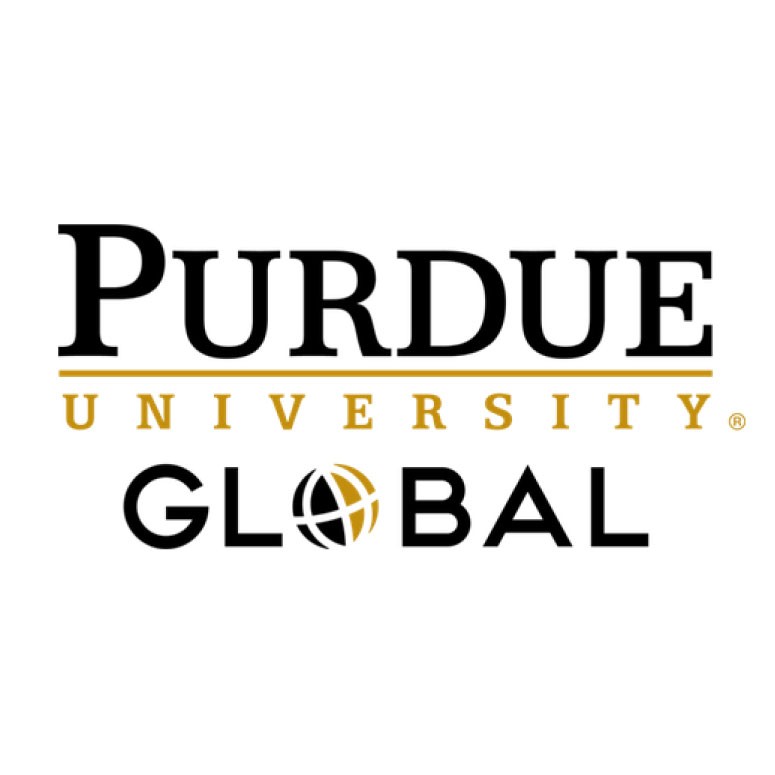
Purdue University packs a lot into its 180-credit human services degree. The university works on the quarter system, so classes last 10 weeks, with students taking two to three per term. The curriculum draws from multiple disciplines, such as developmental psychology, sociology, law, criminal justice, and more to train graduates to handle just about everything a career in human services could throw at them—which is a lot.
Students can focus their degree by choosing a concentration in areas like:
- human services administration
- gerontology
- child and family welfare
- community organization and advocacy
Required major coursework draws from a multidisciplinary pool, with classes covering:
- human behavior
- sociology
- prevention and crisis intervention
- child welfare
- proposal designs
- legal and ethical issues
- family and domestic violence
The program ends with a capstone “original comprehensive project” that shows how much students have learned during their studies.
Purdue says it takes two to four years to complete the degree, though with transfer credits and prior experience, most people finish in less than two. Admission requires an interview in addition to the usual stuff like a high school diploma.
Nova Southeastern University
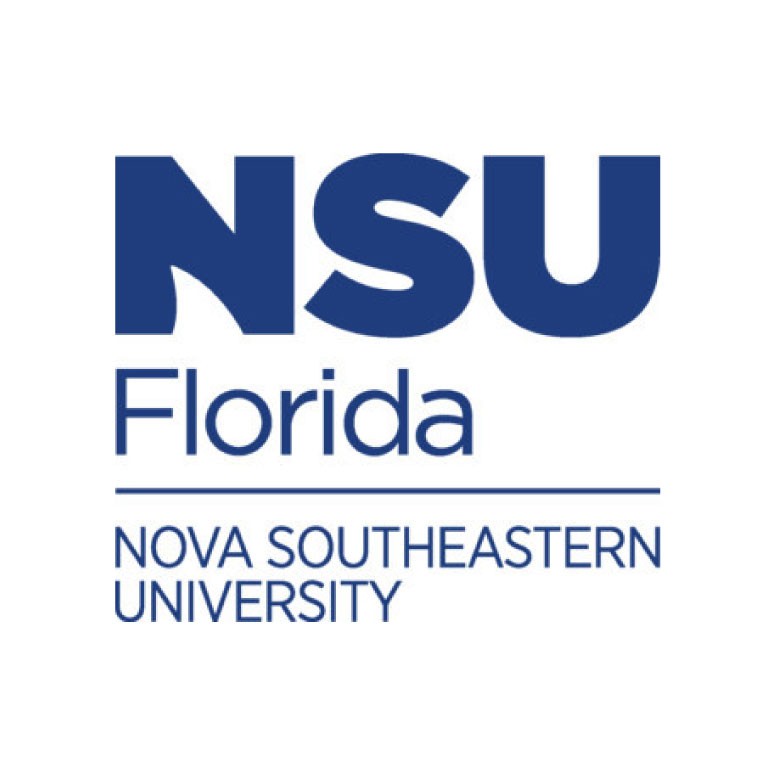
Nova Southeastern offers a BS in human services administration, a slightly different moniker that speaks to the degree’s approach. The curriculum covers what the university describes as “a range of applicable fields,” supplemented by “a highly specialized concentration.” That includes the seemingly left-field option of Human Factors in Aviation (for pilots), but also more obvious options like:
- nonprofit management
- philanthropy and grantsmanship
- advocacy/case management
- health administration
- social work
- substance abuse studies
The idea is that students will graduate with a combination of management expertise and a working knowledge of a certain area of business.
The degree requires 120 credit hours, with 30 coming from general education, 54 from the major, 12 from major electives or a concentration, and up to 30 from open electives. The major coursework covers the usual stuff like counseling, ethics, diversity, program planning and more, but also builds in courses in:
- accounting
- management
- marketing
- macroeconomics
The curriculum includes two field-work experiences for a total of 350 clock hours.
Admission to Nova Southeastern requires transcripts, SAT/ACT scores, and a letter of recommendation for freshman students, though transfer students can skip the letter.
LeTourneau University
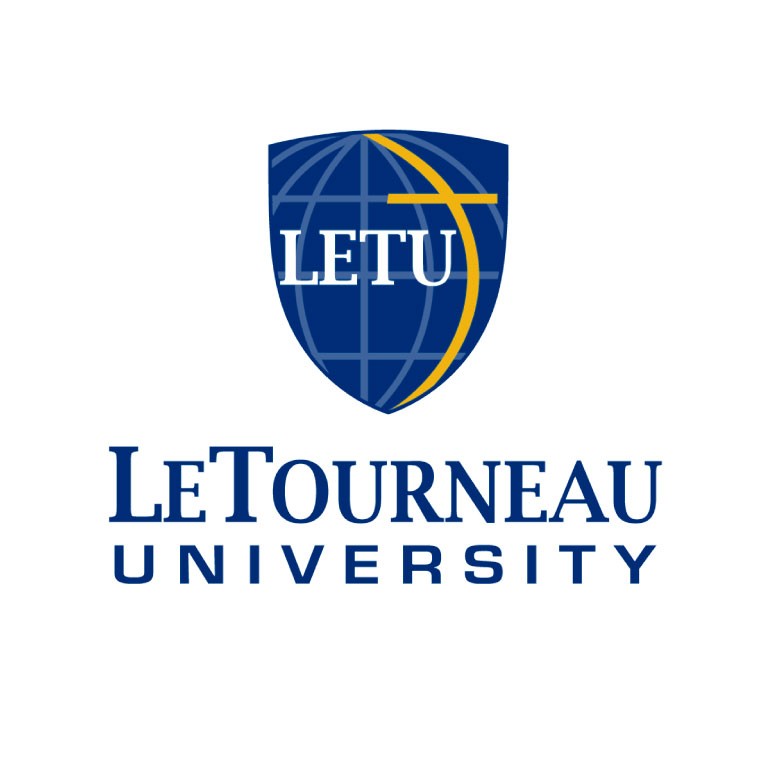
Located in Longview, TX, LeTourneau University describes its graduates as “professionals of ingenuity and Christ-like character who see life’s work as a holy calling with eternal impact.” Its human services BS emphasizes “the value of Christian faith in the human services career field,” which actually makes sense. They’re called human services, after all, and isn’t service a central tenet of the faith?
LeTourneau thinks so, noting students will “live out your Christian faith by helping people.” The curriculum draws from psychology, sociology, criminal justice, counseling, and ethics, per the program website. Courses include:
- Abnormal Psychology
- Theories and Techniques of Counseling
- Criminal Law or Criminology
- Addiction Theory
Each course lasts five weeks, with coursework beginning on Mondays and assignments due Sunday nights.
Getting into LeTourneau requires transcripts and, if prospective students have fewer than 12 hours of college credit, a high school transcript.
National Louis University
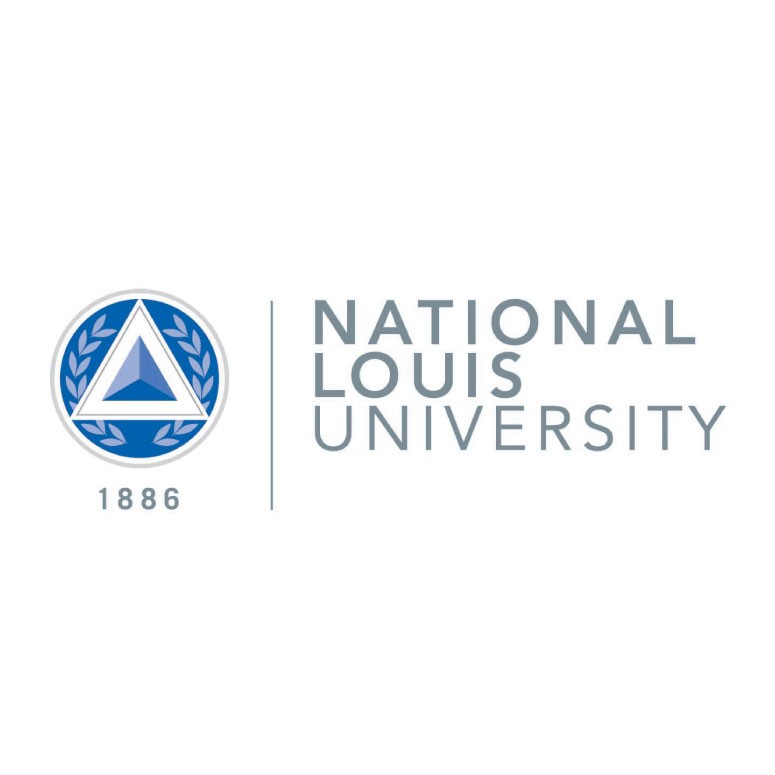
National Louis University in Chicago has one of the oldest human services programs in the area, which isn’t surprising considering the school goes back to 1886. Its 100% online BA aims to train students in:
- case management
- crisis and trauma response
- advocacy
- community collaboration
The idea is that graduates will be able to:
- manage individual and group behavior
- develop strategies for community intervention and managing organizations
- work with diverse communities
- advocate for clients
Students who want to drill down further into a specialization can choose from four distinct options including:
- entrepreneurship
- human resource management
- leadership
- long-term care administration
The coursework covers topics like:
- crisis intervention
- family intervention
- human development
- interviewing
- legal issues
- management
- research
- special needs populations
All students complete required field work so they get real-world experience before graduation.
Columbia College
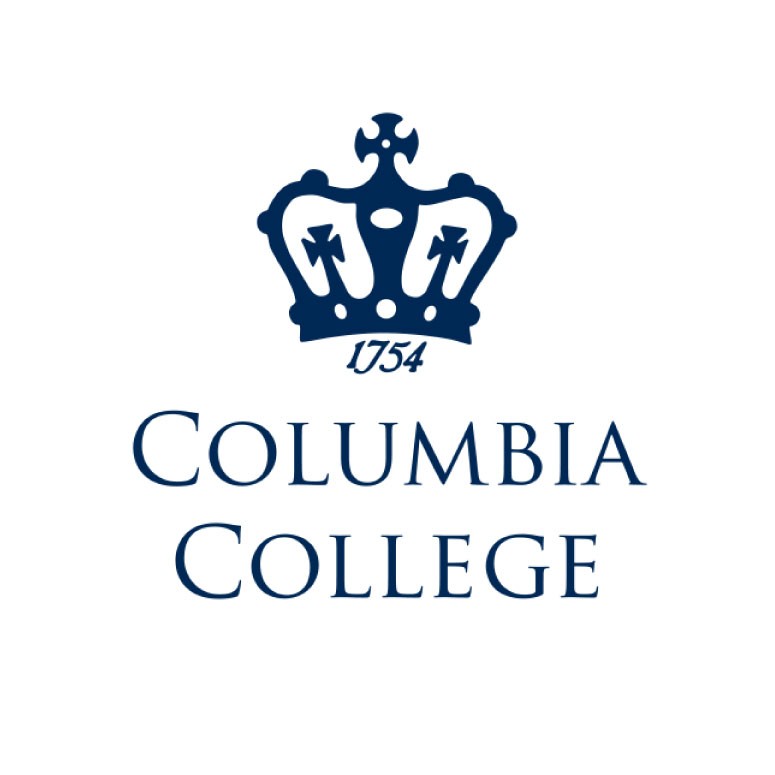
Designed for people already working in human services or who have “considerable work experience,” Columbia College’s BA in human services is designed to train students to work at the individual, family, group, and community level, per its website.
The degree requires 120 total credit hours including:
- 39-42 coming from general education
- six hours of foreign language
- three hours of a multicultural requirement
- 18-22 hours of electives
The degree work comes from 36 hours of core requirements—such as:
- Exploring Research
- Working with Groups
- American Social Policy
Coursework leads up to a culminating experience in a “writing intensive” senior seminar.
As a private school with 30 locations around the country, Columbia College doesn’t distinguish between in-state and out-of-state students. Getting into the school requires a high school degree (or equivalency test) and six hours of college credit—though keep in mind the program is designed for people with a good amount of experience.
Southwestern Assemblies of God University
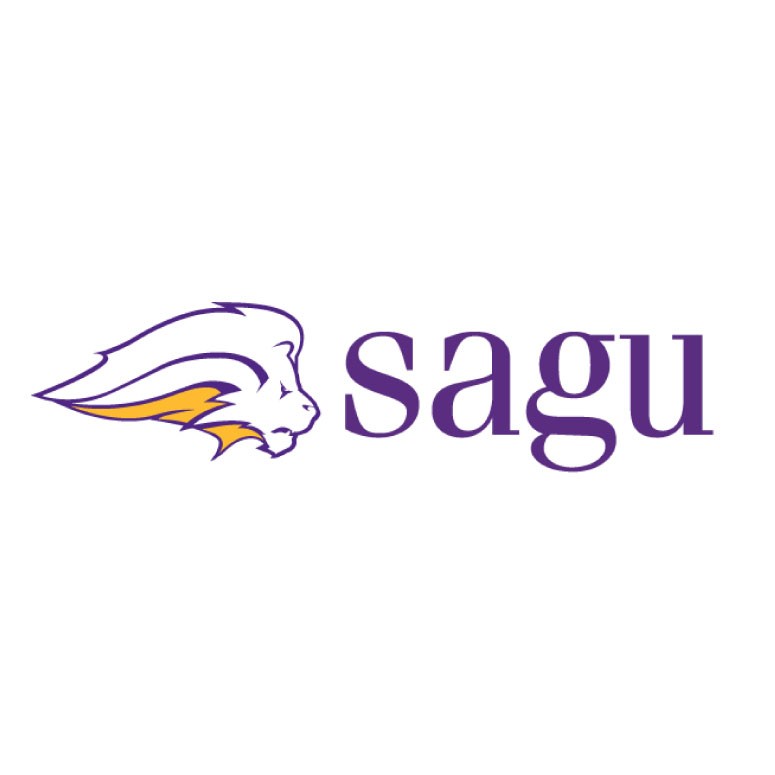
Considering “God” is right there in the name, it comes as no surprise that Southwestern Assemblies of God University declares, “Everything we do springs from a Christian worldview.” That means it’s BS includes biblical studies among its general-education requirements.
Speaking of requirements, the degree requires 126 hours:
- 51 from general education (including 18 hours of the aforementioned biblical studies)
- 36 hours of general electives
- 39 from one of SAGU’s human services specializations
These specializations include:
- counseling
- psychology
- criminal justice
- social work
The university describes the “primary mission” of its human services degree as giving students knowledge within a specialization, so while they share some courses—and a field practicum—they focus on their individual missions.
While SAGU has some standard requirements for admission—transcripts (high school and any college work), SAT/ACT scores—prospective students also “must evidence a born again spiritual experience” as defined by specific scripture passages. They’re expected to “have accepted Jesus Christ as their personal savior” and need to supply a Christian character reference.
University of the Cumberlands
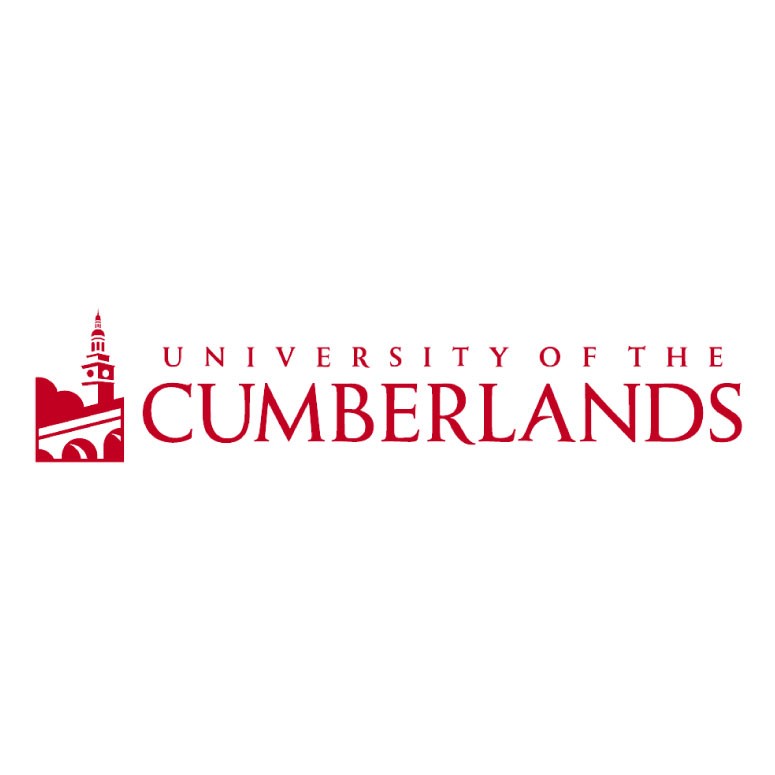
The University of the Cumberlands—so named for its proximity to the Cumberland River, Cumberland Falls, and the Cumberland Gap in Kentucky—has a couple of major goals for students in its human services program. According to its website, the curriculum enhances self-awareness and increases understanding of personal values, while giving students an appreciation for diversity and people’s varied needs.
The 33 hours of major coursework draws from “professional helping skills, behavioral theory, and current social issues,” with classes like:
- Group Dynamics
- Human Diversity and Ethics
- Basic Counseling Skills
The school also requires an internship with up to 250 clock hours of field work. The other coursework that adds up to 128 credit hours includes 74 hours of general education and 21 hours of electives (from a “vast” selection, according to UC).
Admission to the university requires transcripts (high school and any college) and ACT scores, though applicants over the age of 23 can skip the latter. All students, regardless of location, pay the same tuition rate.
Indiana Wesleyan University-National & Global

Another university with the Man Upstairs on its brain, Indiana Wesleyan instructs its human services students “from a biblical understanding of advocacy,” which allows them to “integrate biblical perspectives on providing care to oppressed or disadvantaged people.”
But the 45-hour program keeps that pretty chill, judging by course titles:
- Youth and Crime
- Intergroup Relations
- Theory and Practice of Group Counseling
- Crisis Intervention
- General Statistics
The curriculum is composed of 30 hours of required courses and 15 hours of electives. Students take courses as a cohort sequentially, one at a time, and can complete their degree in as little as 18 months.
Also chill: Indiana Wesleyan’s price tag which remains the same no matter where you live in relation to Indiana. Admission requirements are also low stress, with transcripts and proof of high school all that’s needed. As a bonus, Indiana Wesleyan has offered courses online since 1997—practically the Stone Age of online learning—so the school has a lot of experience teaching distance learners.
Ottawa University – Online

“Prepare for a life of significance,” goes Ottawa University’s tagline, and it’s BA in human services is a bull’s-eye for that mission. As the program site says, students will learn how to help people from various backgrounds facing challenges with poverty, substance abuse, mental health, and relational crisis.
Ottawa—headquartered in Kansas, not Canada—offers five specializations within human services:
- advocacy
- child and family services
- corrections
- gerontology
- mental health
All of them share 14 core courses covering topics like:
- social policy
- ethics
- developmental psychology
- sociology
- multiculturalism
- writing
Each specialization has two courses. There’s also a required internship and a capstone senior comprehensive exam or project.
Transcripts are really all that’s needed for admission, and an enrollment advisor can help with those and assess potential transfer credits that count toward the 124 credit hours needed for the degree.
St. Joseph’s University
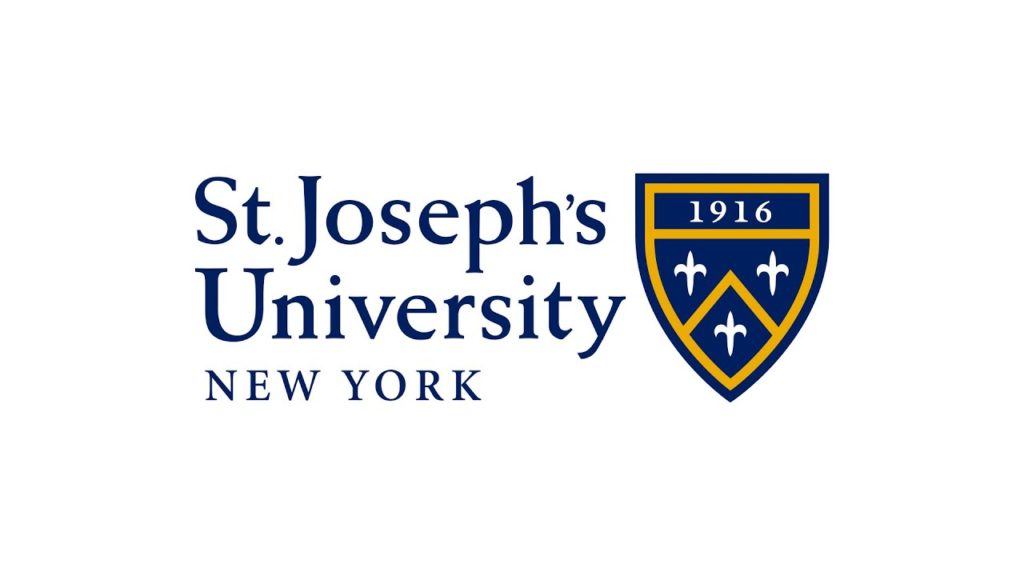
“Some of us are best suited to helping others,” says St. Joseph’s website, adding that its BS in human services “takes your strengths and develops them to a higher purpose.” That’s really the crux of human services—this is a field that focuses on making the world a better place.
St. Joseph’s notes that its students usually have some college education, as well as some human services skills/knowledge gained through experience. The major requirements include courses like:
- Human Services Administration
- Principles of Counseling
- Introduction to Case Management
Online learners get to skip the two field-experience requirements. Included in the requirements is a capstone health services research project. There are also myriad human service elective options, covering:
- grant writing
- addiction
- fund raising
Students will also need to complete some general-education courses as well as required core courses covering fundamentals in writing, critical thinking, statistics, and more.
The university requires only a high school diploma (or equivalent) for admission, though prospective students who have completed college coursework will need to submit transcripts (and have maintained a 2.0 GPA).
Indiana Institute of Technology
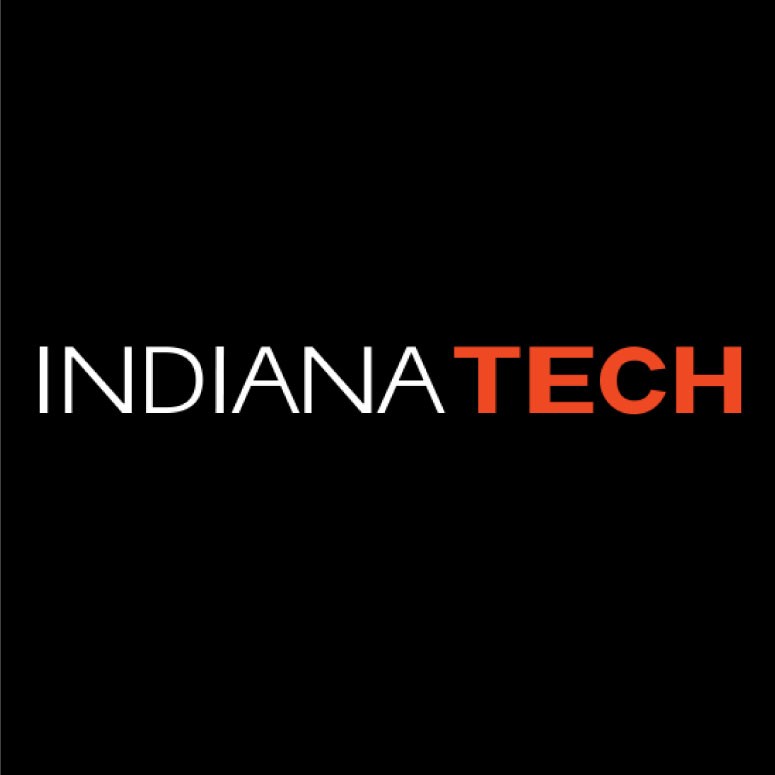
Indiana Tech may be based in Fort Wayne, IN, but the university caters to distance and non-traditional learners with a robust online learning program. That approach speaks to the structure of its online BS in human services. Part of the College of Professional Studies, it uses a cohort model with a fancy name: Tracked Educational Adult Modules (TEAM).
Students are organized into TEAMs of 12-18 people, and they complete the coursework together. Indiana Tech doesn’t mess around with this, either: If students have to drop from a TEAM for some reason, they have to wait for the next round of TEAM assignments to resume.
The degree requires 120 credits, with 39 from a general education core and 72 major coursework, covering:
- business foundations
- public communication
- grant writing
- crisis management
- programming
- aging
- diversity
- drugs
- counseling theory
Students also need to complete nine hours of electives and 15 of “preparatory core 2” courses in reading, writing, algebra, and math. Those prep courses don’t count toward the degree, but students can test out of them.
Getting in is simple: Submit a high school transcript.
Upper Iowa University
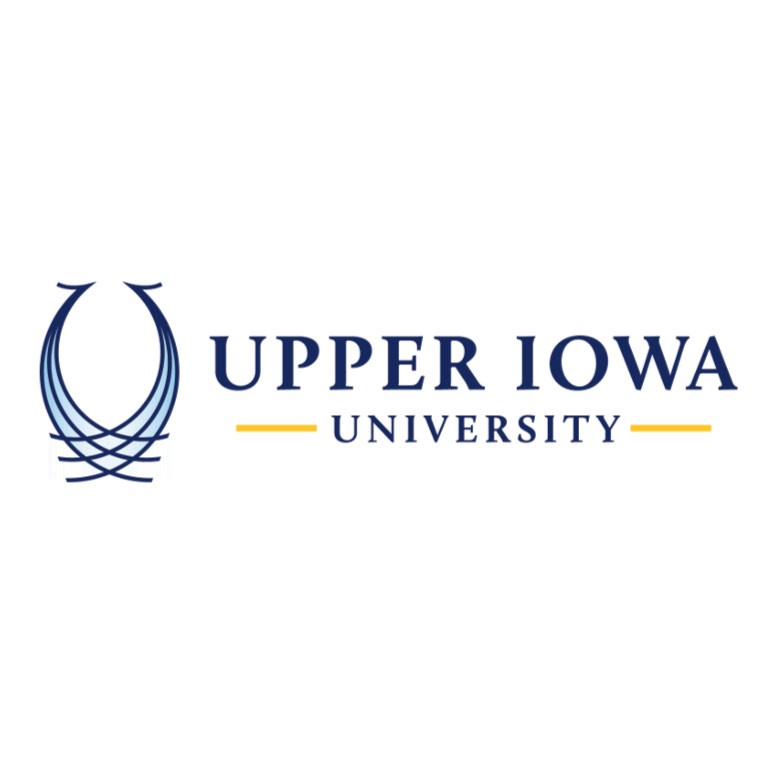
Upper Iowa University’s human services program draws from an interdisciplinary knowledge base that focuses on prevention and intervention, per its website, while committing to improving the quality of life among the populations served.
In practice, that means the 36 hours of major coursework draws from sociology, psychology, and law, with other courses focusing on:
- diversity
- marriage
- human services methods
- ethics
There’s also a basic statistics class that everyone takes. Advanced courses go deeper on:
- constitutional law
- state and local government
- legislation
The curriculum also requires an internship, special project, or senior project.
While Upper Iowa keeps its admission requirements pretty low key—transcripts for high school and any college work (along with a 2.0 GPA).
Frequently Asked Questions
Yes. Jobs in this industry are in high demand, according to the Bureau of Labor Statistics. Through 2032, 9% growth in jobs should result. That’s about 47,400 openings for workers each year, on average, for 10 years. If your goal is to work in a career helping others in your community, a human services degree is a good option.
It takes full-time students four years, on average, to get a bachelor’s in human services. Most programs require 120 credits, which means students take between 12 and 15 credits each semester to graduate in four years. Some online programs offer accelerated options that shorten completion time to 3-3.5 years.
It is. Job growth is 9%, according to the Bureau of Labor Statistics. This is triple the growth for all other occupations (3%). The growth in jobs means recent college graduates can find work in human services!
A bachelor’s in human services is a good degree for jobs in social and human services. You can advance from assistant to specialist roles, and even move into management positions, with a bachelor’s degree. You can also go back to school to get a master’s in social work or human services.
Jobs in human services for college graduates include:
• Case Manager
• Child Welfare Worker
• Clinical Social Worker
• Counselor
• Family Support Worker
• Geriatric Care Manager
• Human Services Administrator
• Marriage and Family Therapist
• Mental Health Counselor
• Probation Officer
• School Counselor
• Substance Abuse Counselor
• Youth Counselor
If you have empathy, strong communication skills, and a desire to help others overcome challenges, human services can be a good choice. Enjoying diverse and dynamic work environments, adapting to change, and being passionate about social justice are indicators. Volunteer work or internships in the field can provide insights into your suitability.
No, human services and psychology differ. Human services focuses on meeting human needs and improving overall well-being through social interventions. Psychology studies behavior and mental processes, digging into individual and group dynamics. While they intersect in areas like counseling, human services has a broader scope, and addresses social issues and systemic challenges.
No, a human services degree and a social work degree are different. Human services covers a broader range of disciplines. It addresses societal needs, while social work focuses on social welfare, advocacy, and direct client services. Both fields share common elements but have unique areas of focus.
Human services involves studying topics such as psychology, sociology, and counseling. Success requires good communication skills, empathy, and a passion for helping others. Like any field, challenges exist, but your personal commitment to the field can lessen the perceived difficulty.
Related:
- Best Online Bachelor’s in Social Science
- Top Online Bachelor’s in Counseling
- Best Online Bachelor’s in Addiction & Recovery
